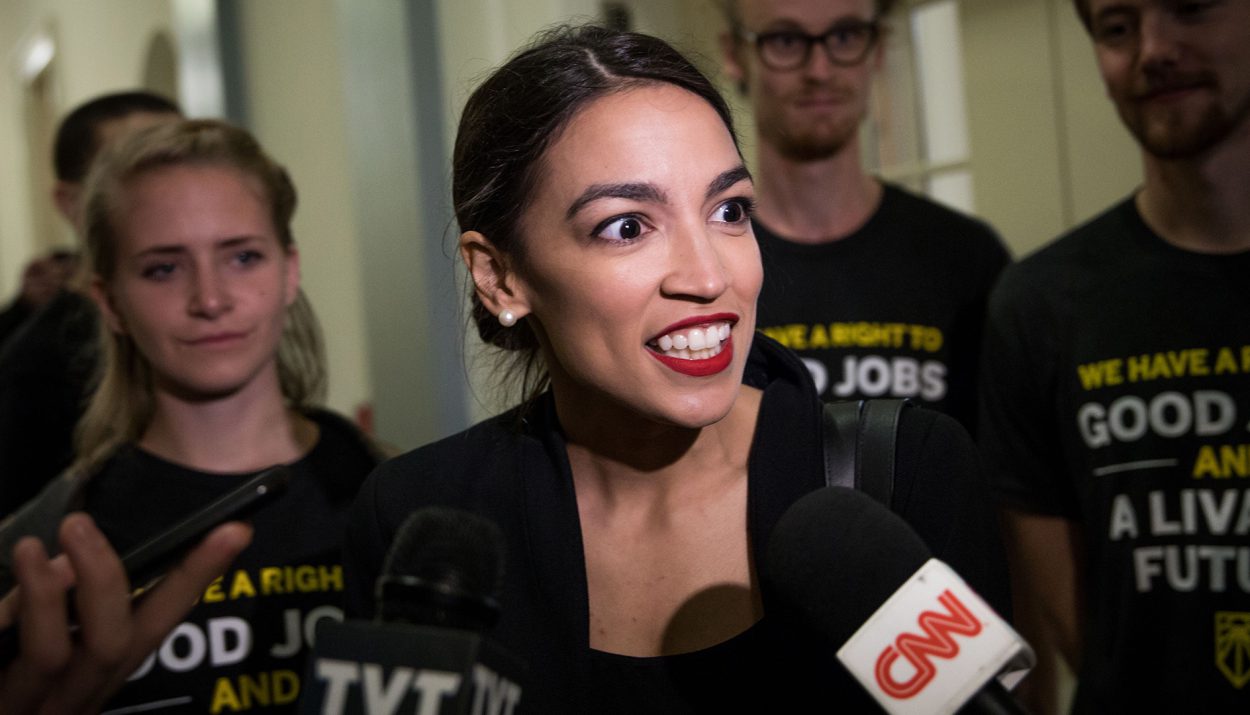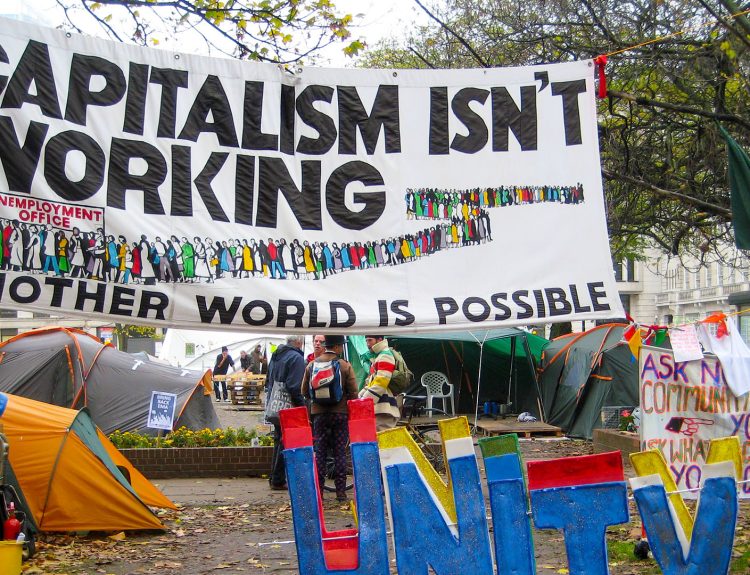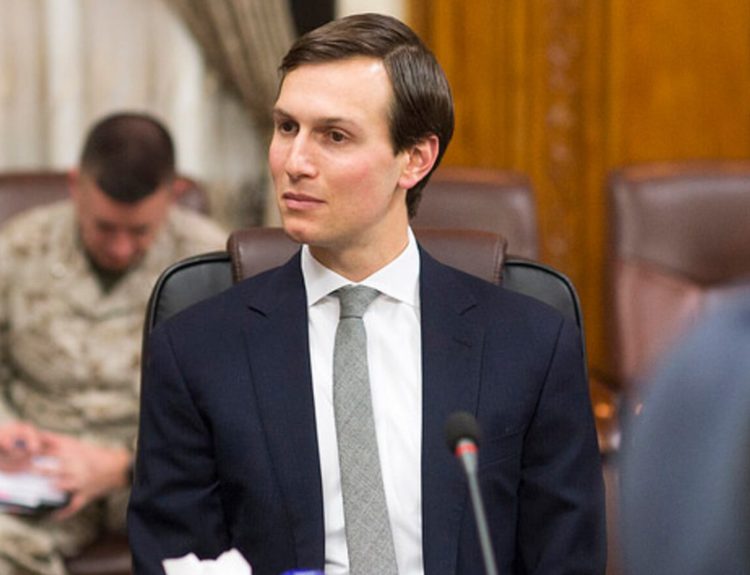In a world where the gap between the wealthiest and the poorest widens at an alarming rate, the concept of implementing a wealth cap ignites serious debate among policymakers, economists, and the public alike. Those that agree see it as a bold move towards achieving equality, while critics contend it could slow innovation and economic growth. This contentious proposal raises urgent questions about fairness, freedom, and the future of our global economy, challenging us to reconsider the very foundations of wealth accumulation and distribution.
Addressing Inequality
Progressive leaders such as Senator Bernie Sanders, frequently support measures that combat wealth inequality, while maybe not suggesting a wealth cap specifically, they often propose significant taxation on the rich.
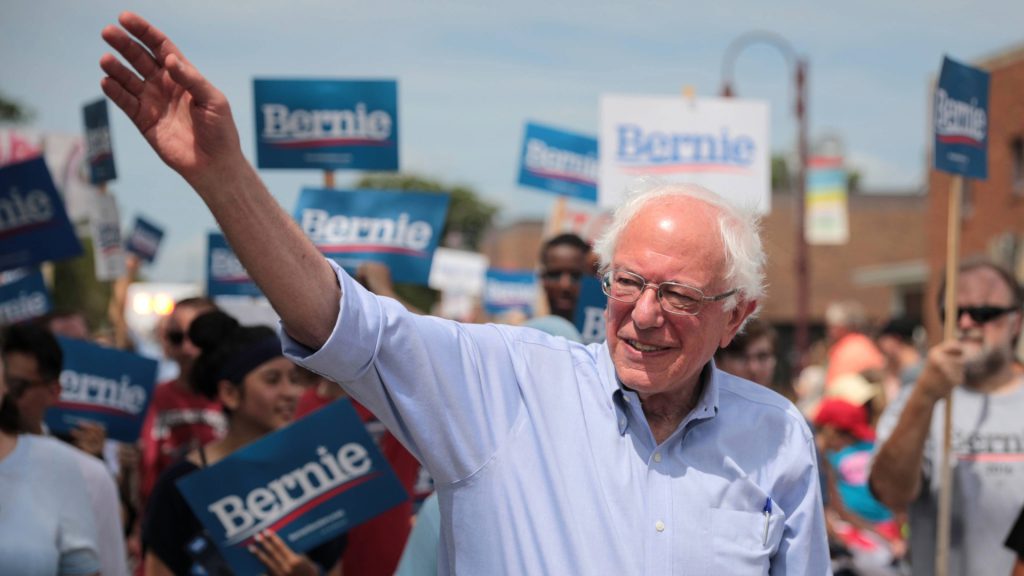
A wealth cap could significantly reduce the gap, ensuring more equality in distribution of resources. By limiting the maximum amount of wealth an individual can accumulate, it would help in redistributing wealth and potentially improving the standard of living for the less affluent.
Promoting Wealth Distribution
Representative Alexandria Ocasio-Cortez has proposed steep tax rates on the exceptionally wealthy, aligning with ideas to curb excessive wealth accumulation.
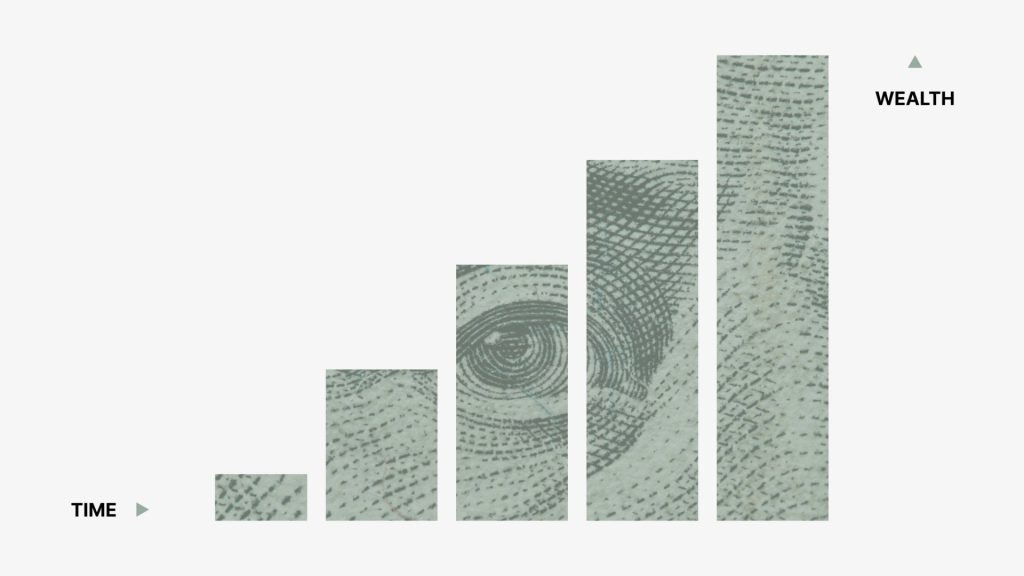
Implementing a wealth cap could motivate the rich to invest or spend their excess of wealth instead of hoarding it, which would ultimately boost the economy. This could increase available jobs, higher wages, and more funding for public services.
Slowing Innovation
Critics contend that wealth cap could steer entrepreneurship and innovation away. The possibility of accumulating wealth is a serious motivator for many entrepreneurs, who are the lead in technological advancements.

Some argue that without incentive of limitless rewards, innovations could slow, hurting progress in critical sectors such as technology, healthcare, and green energy.
Wealth Immigration
Implementing a wealth cap could cause wealth immigration, where the wealthy would move their assets and themselves to somewhere that has more favorable tax jurisdictions.

This could lead to job loss, reduction in tax base, and loss in investments, ultimately causing serious harm to the economy. Critics point out that without a global agreement on wealth caps, individual nations could suffer from unilateral implementation.
Enhancing Social Wellbeing
A wealth cap has the potential to generate significant resources for social welfare programs. By reallocating the excess wealth from the top, governments could enhance healthcare, education, and social security systems.

This could lead to a healthier, more educated population with a stronger safety net for the vulnerable, embodying a society that values the well-being of all its members over the accumulation of wealth by a few.
Addressing Resource Scarcity
The principle of a wealth cap resonates with worldwide issues of resource scarcity and environmental degradation.

Implementing such a cap implies a restriction on excess consumption and exploitation of natural resources, fostering sustainability. Politicians concerned with environmental sustainability, such as Senator Elizabeth Warren, have suggested a wealth tax policy that, while not a cap, aims to redistribute wealth from those whose consumption patterns are unsustainable.
Minimizing Political Influence
Wealth in politics is a significant concern, as billionaires often have disproportionate influence. Introducing a wealth cap, the political power of the significantly wealthy could be altered, leading to a more democratic society where money has less pullover policy and elections.

This could open up the political environment to a bigger range of voices and interests, rather than those of the ultra wealthy.
Eroding Personal Freedom
Critics of the wealth cap contend that it imposes on personal freedom and the right to enjoy one’s earned wealth.

They advocate for freedom to accumulate wealth without government-imposed limits.
Improving Economic Stability
Extreme wealth has the potential to exacerbate economic imbalances and contribute to financial crises. Implementing a wealth cap could prevent the accumulation of wealth in ways that can destabilize the economy, such as speculative bubbles.

By promoting a more equitable distribution of wealth.
Investment
It is possible that a wealth cap could discourage future investments in large-scale projects that require significant capital. Investors might be less interested in funding new ventures if there’s a limit to the returns they can obtain.

This could slow economic growth, particularly in high-risk, high-reward sectors like biotechnology and clean energy, where substantial investment is crucial.
Complex Administration
Implementing a wealth cap could be administratively complex and costly. Assessing worth and diverse assets, from real estate to intangible intellectual property, presents significant hurdles.
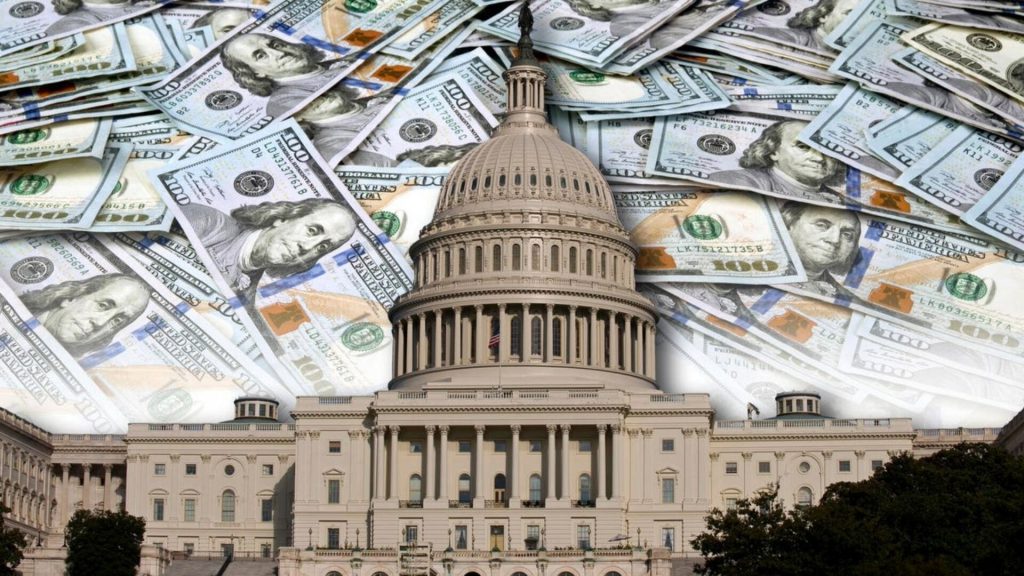
Opponents contend that the resources needed for such policies could overshadow the benefits, leading to inefficiencies and potential for evasion.
Diminishing Charitable Contributions
Affluent individuals frequently contribute to charities and fund philanthropic endeavors. A wealth cap could significantly reduce the resources available for such contributions, possibly harming non-profit sectors and relying on private donations.

Opponents contend that philanthropy plays a critical role in addressing societal issues.
Conclusion
As we grapple with the complex nature of wealth inequality and its possible consequences for society, the debate over a wealth cap highlights the profound challenges and choices facing us in achieving more equality worldwide.

Whether through implementation on wealth or finding alternative solutions, the ultimate goal remains obvious: to nurture a society where prosperity is accessible to all, not just a privileged few.

